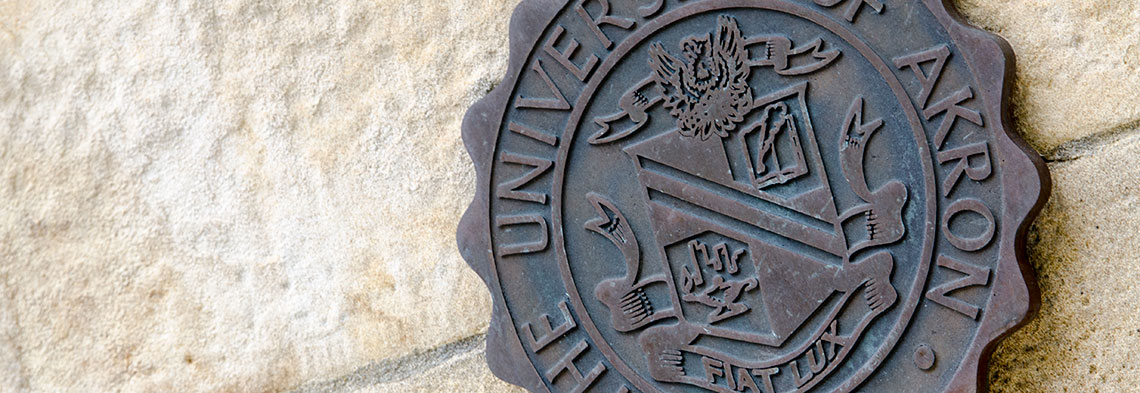Document Type
Article
Publication Date
January 2011
Abstract
In this article, Martin Belsky makes the case for judicial selection based on merit, as opposed to popular elections. Belsky cites Caperton v. A.T. Massey Coal Company and the recent defeat of three Iowa supreme court justices because of their opinion in a controversial gay marriage case for the proposition that judicial elections can, and do, yield unjust results. Belsky asserts the need for judicial independence, but concludes that this goal is not achievable through elections because of the "triple whammy" of constitutional limitations: (1) the First Amendment protection of the right of judges and judicial candidates to give specific, explicit statements as to their positions on issues; (2) the First Amendment right of entities to support with unlimited resources, judicial candidates, and often without disclosure of the real source of this campaign support; and (3) that any restrictive rules on judicial behavior are enforced by the involved judges themselves, or by the limited oversight that courts will exercise over their colleagues.
Publication Title
Akron Journal of Constitutional Law and Policy
First Page
147
Last Page
162
Recommended Citation
Martin Belsky, Electing our Judges and Judicial Independence: the Supreme Court's "Triple Whammy", 2 Akron Journal of Constitutional Law and Policy 147 (2011).


